The city of Morelia in the Mexican state of Michoacán is famed for its distinctive and well-preserved Spanish colonial architecture. While its buildings feature a wide variety of colonial styles, they’re unified by their pinkish hue, the result of having been built from cantera, a volcanic rock mined exclusively in Mexico and Central America. In 1991, UNESCO declared Morelia’s city centre a World Heritage Site, citing it as an ‘outstanding example of urban planning, which combines the ideas of the Spanish Renaissance with the Mesoamerican experience’. Mexican Handcraft Masters: Stonemasonry celebrates the traditional methods of extraction, cutting and carving with which stonemasons have sustained Morelia’s beauty for 500 years, and which they must find a way to pass down to future generations to preserve the city’s singular architecture. The video is part of the Mexican director Mariano Rentería Garnica’s short documentary series on artisans in Michoacán.
How keeping a craft tradition alive can bring a 500-year-old city into the future
Director: Mariano Rentería Garnica
Producer: Jorge Díez
Sound: Kevin Pineda Gould
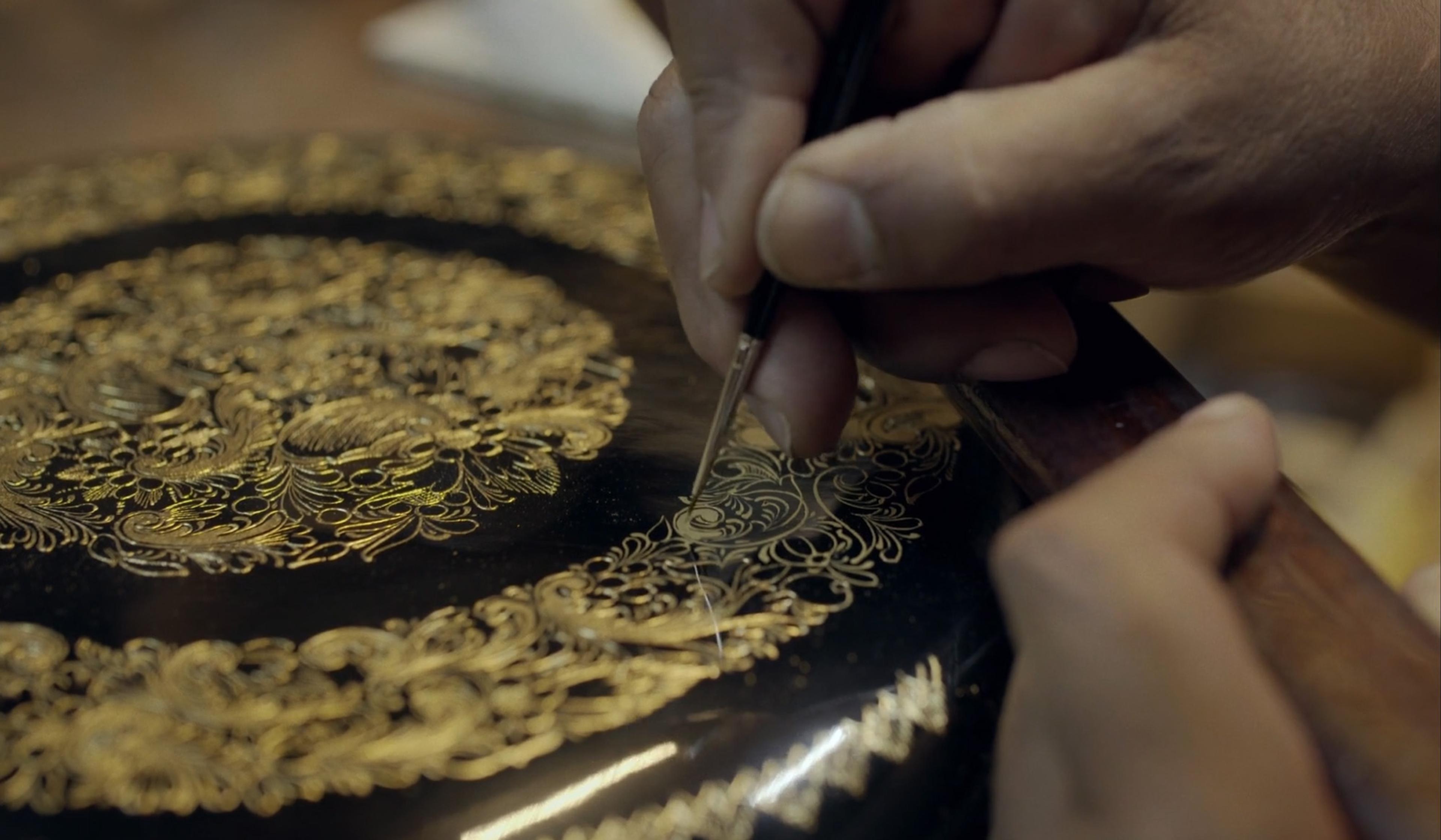
videoDesign and fashion
Pre-Hispanic and colonial traditions combine in Mario’s uniquely Mexican artworks
6 minutes

videoDesign and fashion
A pre-Hispanic smithing tradition thrives by recycling copper scraps into exquisite folk art
5 minutes

videoRituals and celebrations
Dance with the devil: the colourful Mexican art form that summons demons
6 minutes

videoNature and landscape
After independence, Mexico was in search of identity. These paintings offered a blueprint
15 minutes
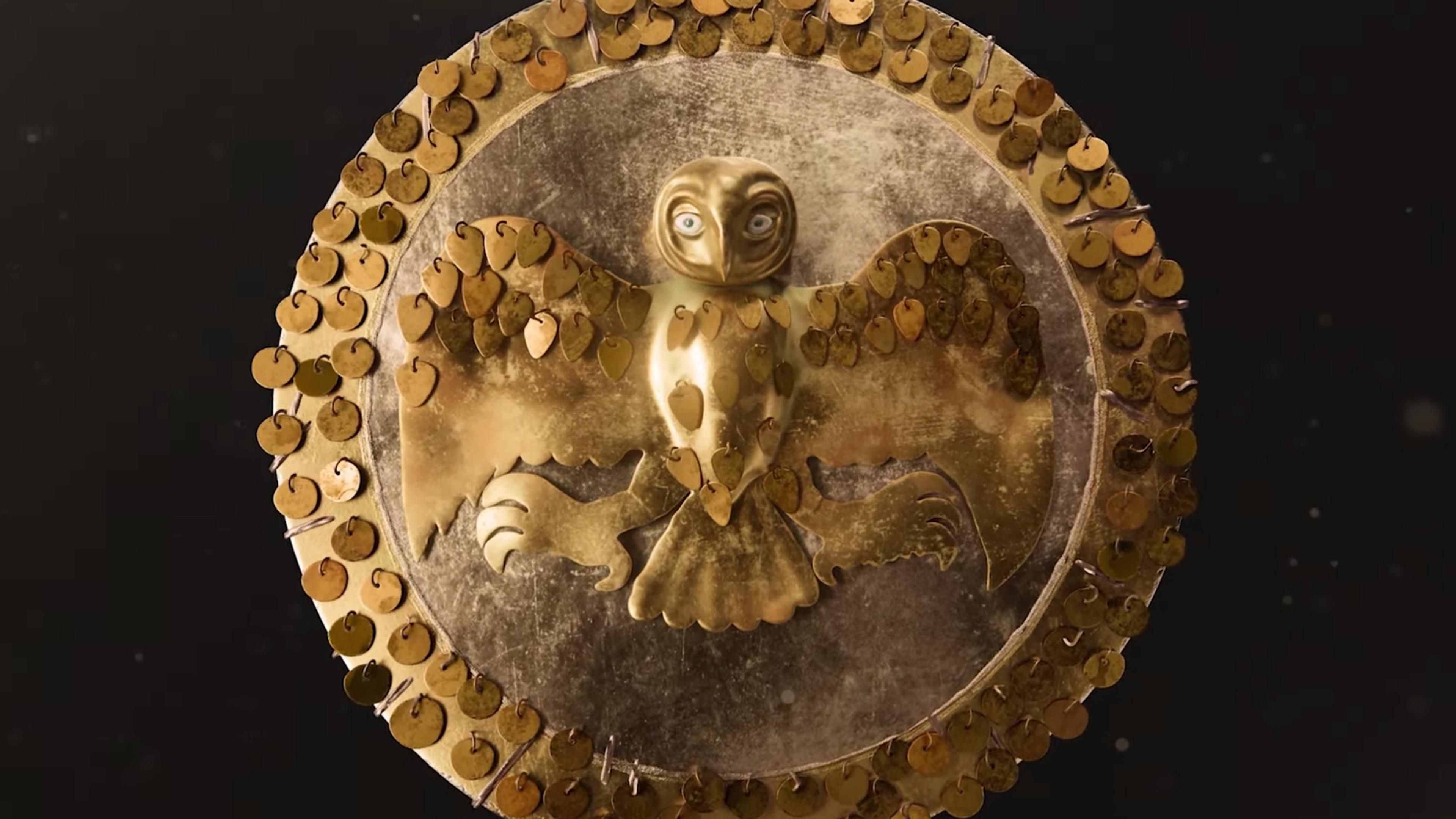
videoWar and peace
The extraordinary craft and fascinating symbolism of a pre-Incan ceremonial shield
3 minutes
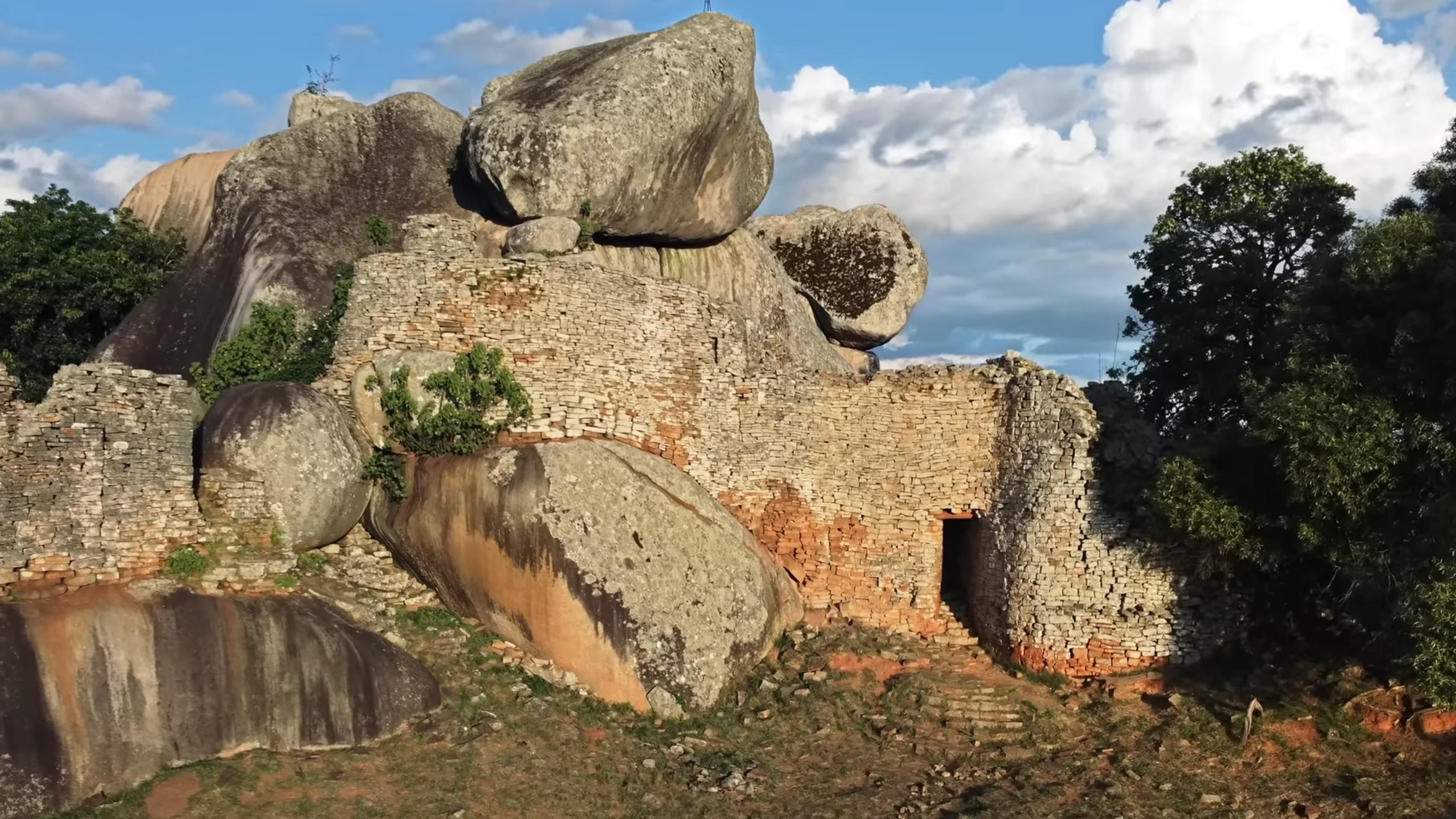
videoHistory
The dry-stacked stones of Zimbabwe are a medieval engineering wonder
7 minutes
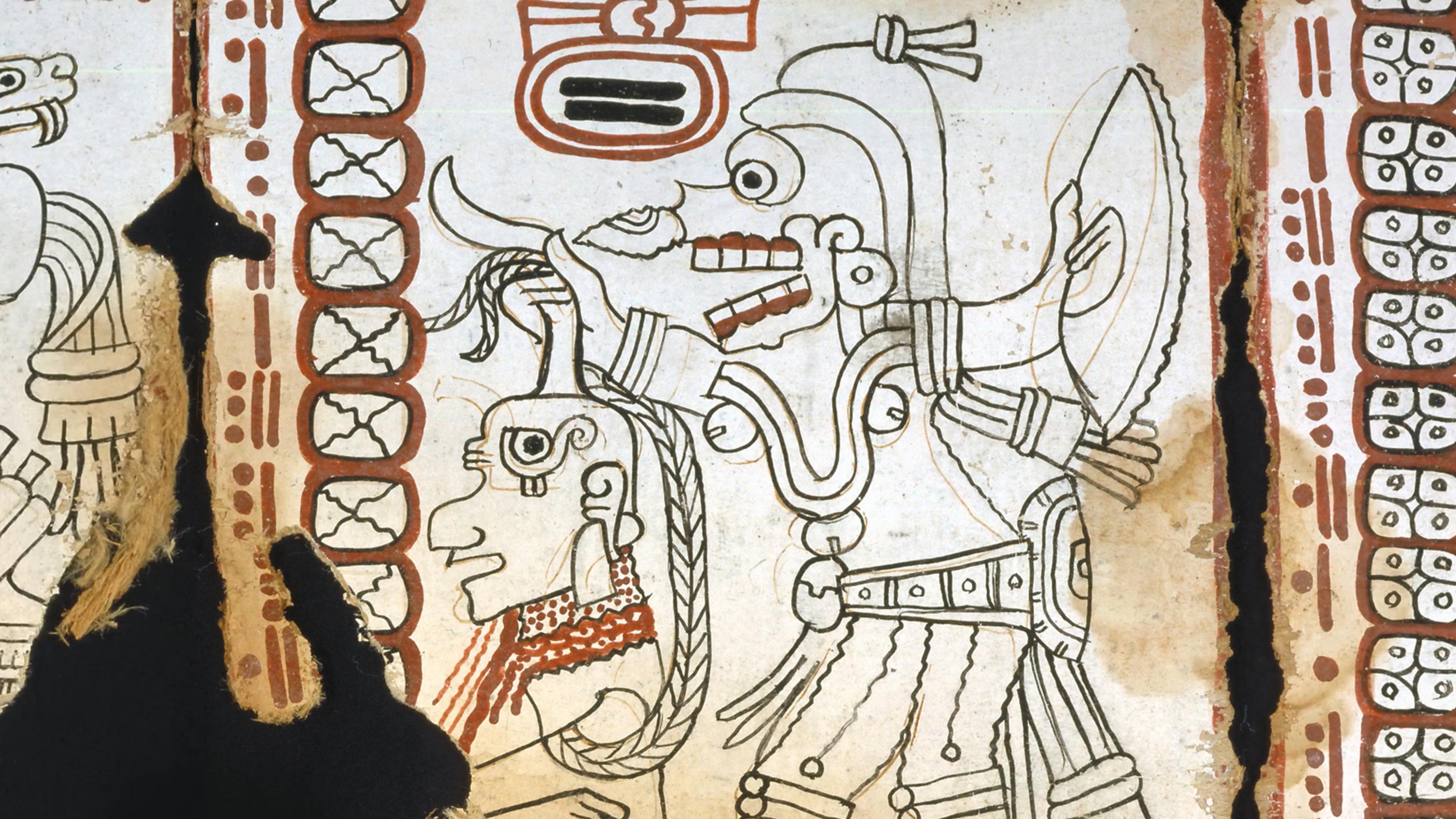
videoHistory of technology
The Americas’ oldest book is an intricate work of Maya astronomy
9 minutes
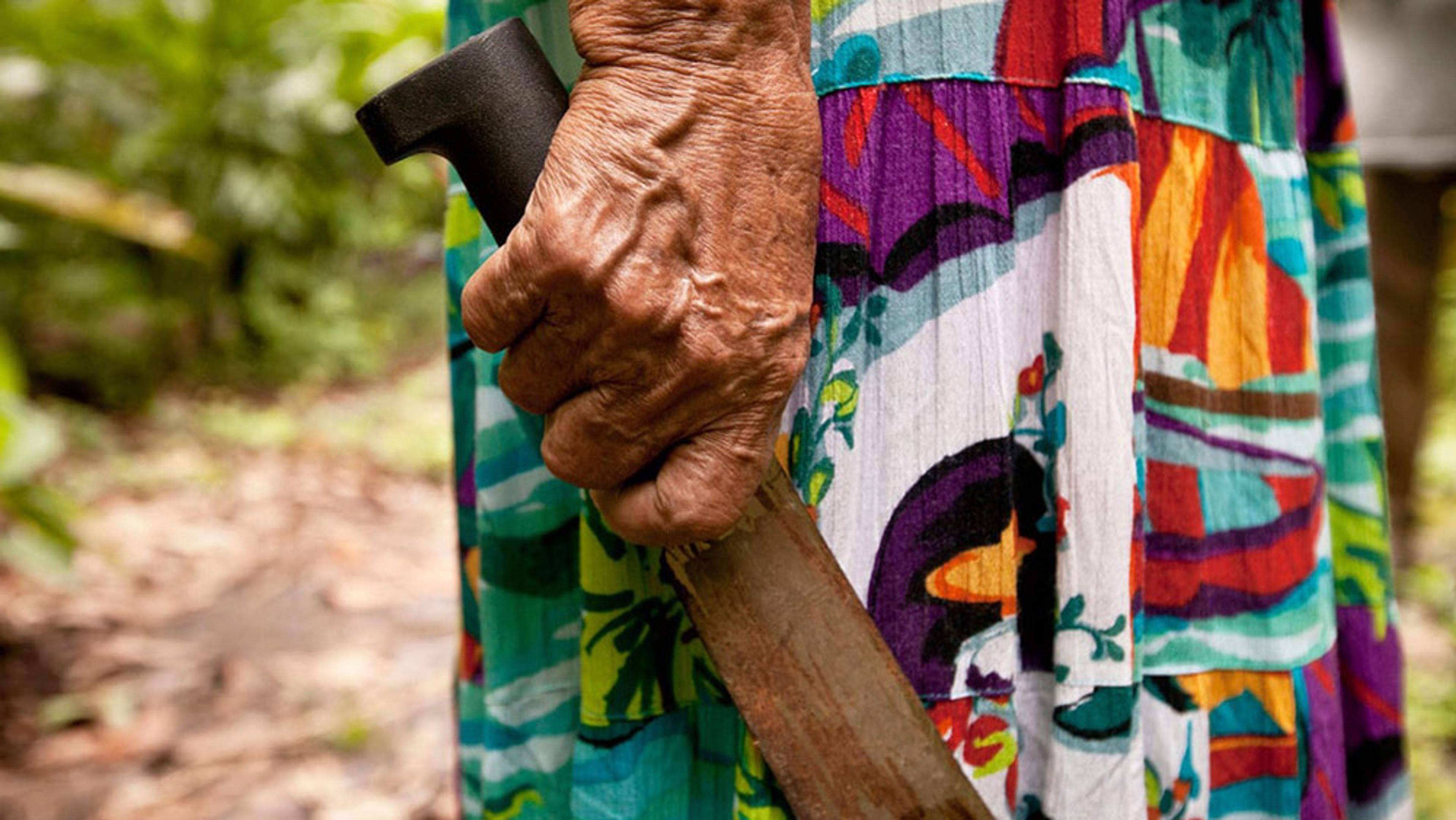
videoFood and drink
Reclaiming the dignity and spiritual roots of chocolate production in Mexico
4 minutes
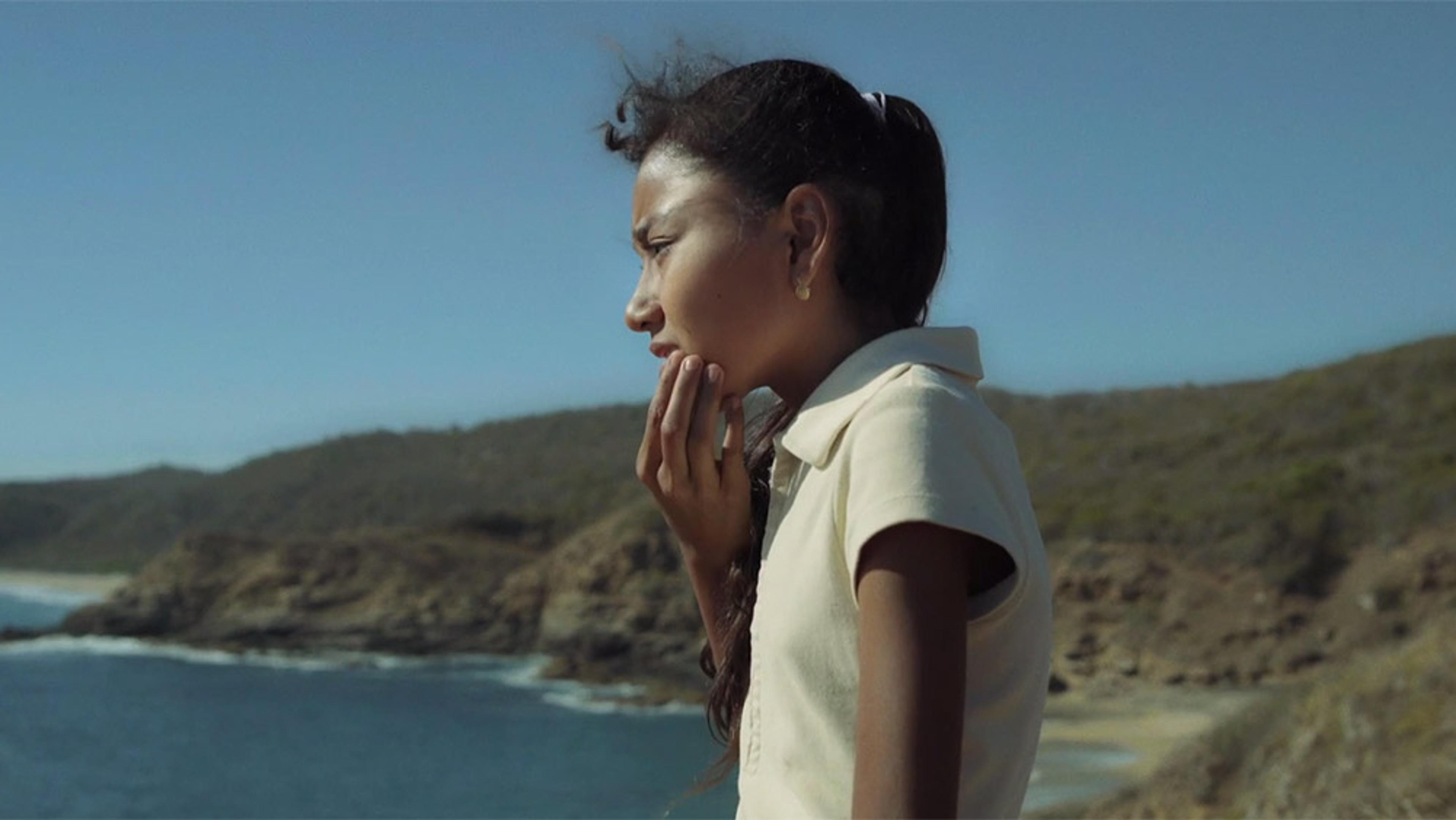
videoNature and landscape
How the vast powers of the sea shape life on a sacred peninsula in Oaxaca, Mexico
21 minutes